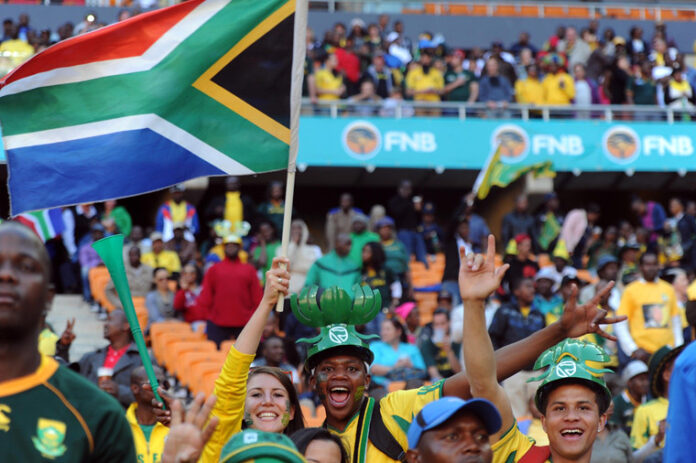In the records of sports history, October 27, 2023, stands as a momentous day for South Africa. The Springboks, under the transformative leadership inspired by Nelson Mandela, secured their fourth world championship by overcoming the formidable All Blacks in a historic rugby match — a poignant reunion since their last final face-off in 1995. Beyond the thrill of victory, this triumph resonated deeply with the nation, mirroring the healing power of rugby during South Africa’s transition from apartheid. Mandela’s strategic leadership, reflected in his association with the national rugby team, set a paradigm for effective leadership.
Indeed, Nelson Mandela’s association with the Springboks goes beyond the realm of sports. The iconic image of Mandela donning the Springboks shirt during the 1995 Rugby World Cup symbolised a powerful message of reconciliation and unity. At a time when the team emblem was seen as a relic of discrimination, Mandela seized the opportunity for change. His leadership was characterised by clear objectives, unwavering commitment, and a willingness to accept consequences.
Mandela’s 18 years in isolation, during his imprisonment, served as a crucible for the development of his leadership principles. The profound impact of principled leadership was evident in his ability to navigate the complexities of post-apartheid South Africa. Mandela’s strategic vision transformed the Springboks emblem from a symbol of division to one of national unification, showcasing the transformative power of leadership.
Leadership Beyond the Field- Perspectives from Across the Globe:
As we reflect on leadership, it is essential to consider moments when individuals from various nations felt a surge of pride in their own countries. The responses from ELP fellows offer a diverse tapestry of achievements that transcend borders.
Ben (Germany): 2015 Migration Crisis. Most countries didn’t want to take any Syrians but Germany did. There were many aspects to this decision and also some criticism is fair, but it was a decision taken on the grounds of historical awareness.
Louise (Belgium): I was particularly proud of Belgium when, in the face of COVID-19, Belgium turned into one of the world’s powerhouses for vaccine production. In Puurs for instance, a small Belgian town close to my hometown. Puurs became one of Pfizer’s largest production sites worldwide. It all goes back to a long Belgian tradition in pharmaceuticals, both in production as in research and development, where I am truly proud of.
Milena(Poland): The moment when I felt proud of my nation was during the outbreak of the Ukraine-Russia war in January 2022. Millions of Poles opened their hearts to help those in need. We stood united as a nation, despite being divided by our politicians.
Louisa (Italy and France): Firstly, the UNESCO designation of the art of Neapolitan pizza-making as an intangible cultural heritage! As an Italian whose entire family – originally from the same region – works in the food industry. Secondly, the signing of the Paris Agreement on climate change in 2015, hosted by France, marked a significant global effort in combating climate change, showcasing French leadership in environmental matters. I believe it counts as a great example of France’s diplomatic soft skills, which we will also see during 2024 in sports diplomacy
Leadership, as exemplified by Nelson Mandela and echoed in the diverse experiences of individuals from around the world, transcends borders and fields. The Springboks’ victory serves as a poignant reminder of the transformative power of leadership in healing wounds and uniting nations. Whether in the realm of sports, humanitarian efforts, pandemic response, or cultural preservation, effective leadership remains a beacon that guides nations towards shared goals and aspirations. As we celebrate the Springboks’ triumph, let it serve as an inspiration for future leaders to embrace the principles of strategic leadership, unity, and unwavering commitment in their pursuits, fostering a world where triumphs are not just measured in victories but in the collective pride of diverse nations.


